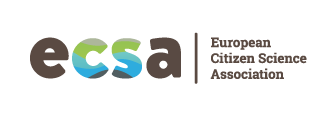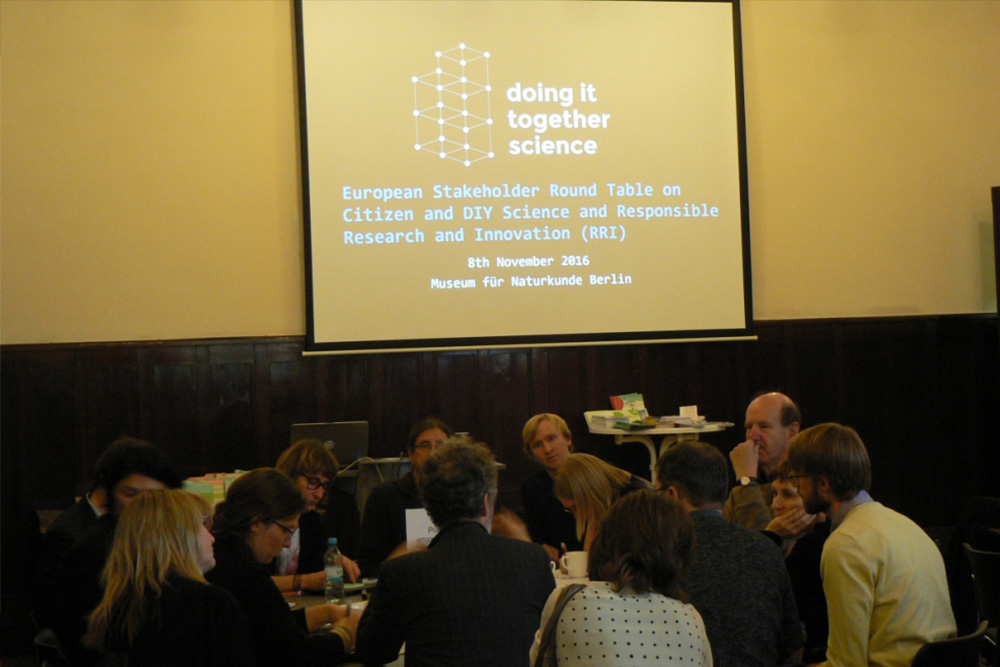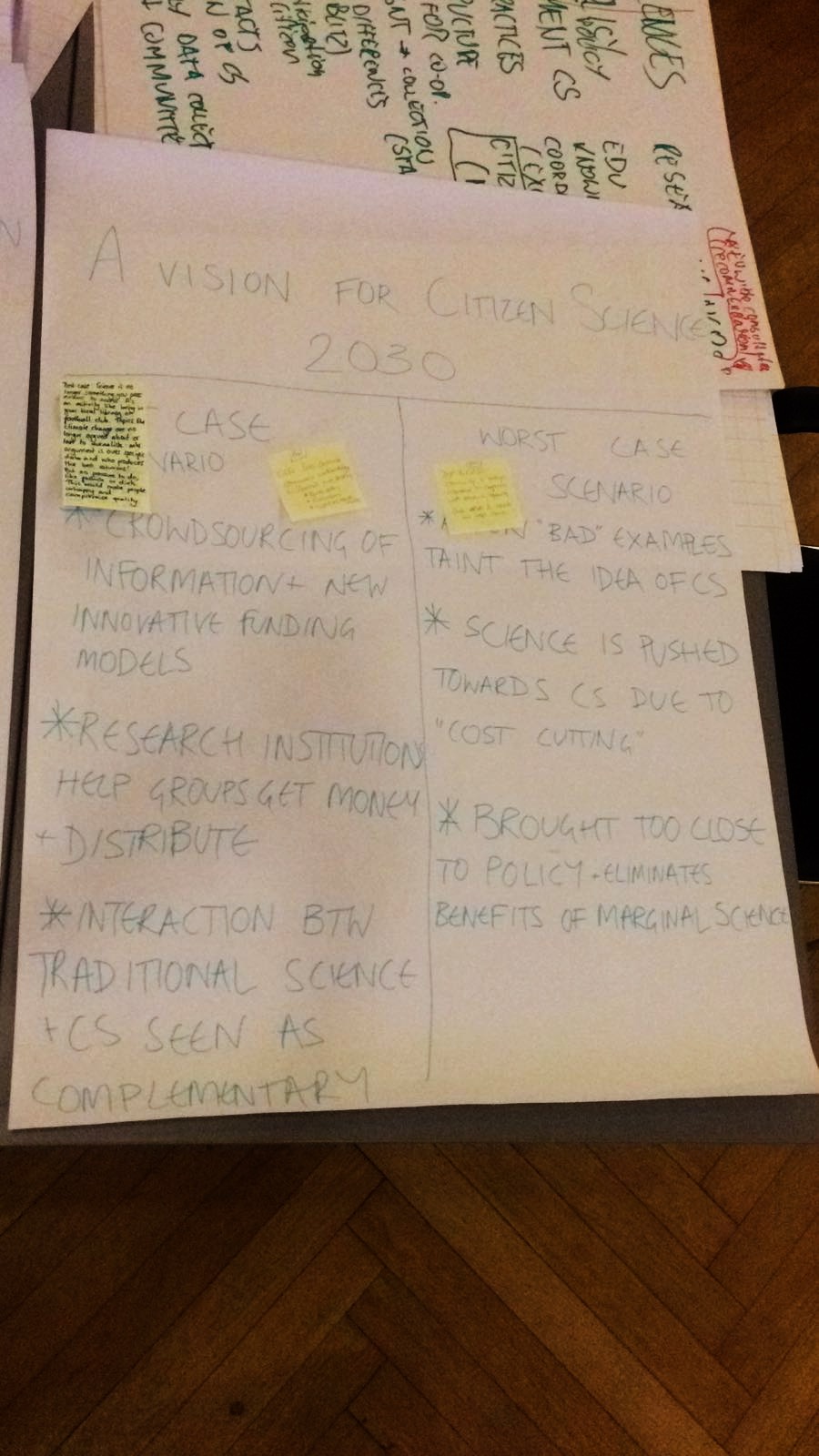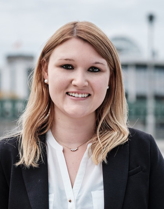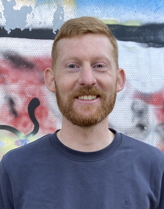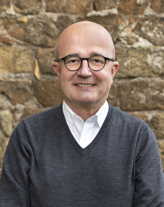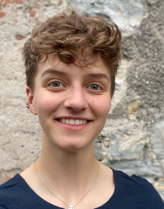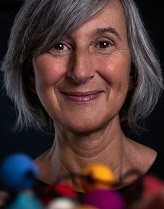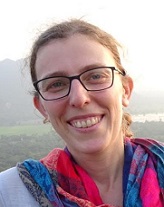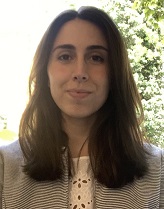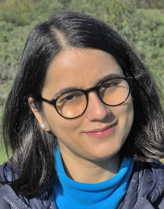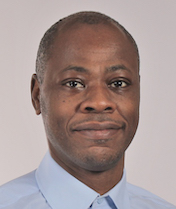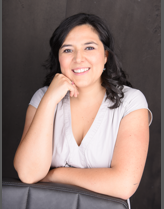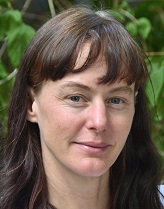European Stakeholder Round Table on Citizen, DIY Science and Responsible Research and Innovation – A summary and comments by Aleks Berditchevskaia
by Aleks Berditchevskaia, Tekiu Ltd and EU DITOs Project
The Doing-It-Together Science project has a pretty ambitious scope for what it aims to achieve within the next 3 years. As one of the members of the project team this can at times be both exciting and daunting in equal measure, so I always look forward to the chances to meet others in the wider community to talk about the issues that we’re all grappling with in our little offices in separate parts of the world. The roundtable on Citizen Science, DIY Science and RRI organised by ECSA on 8th November was another one of these opportunities so I was excited about what issues would be discussed and importantly about bringing more people into the conversation around how policy, citizen science and DIY communities can interact with one another.
Order of play
The day started with some talks from policy makers to give an overview of where exactly RRI, Open Science and Science with and for Society (SwafS) sit within the wider context of Research and Innovation priorities of the European Commission. Although the ~€460mn budget for SwafS projects sounded huge to all of us in the room, it’s only a small proportion of the overall RTD budget and Citizen Science is just one of 8 policy ambitions in the Open Science agenda.
Philippe Galiay from DG-RTD gave some existing examples of where RRI has been embedded in institutions such as the use of RRI as selection criteria for the ESOF conference but acknowledged that there was still much work to be done, particularly when it comes to bringing public engagement into governance frameworks. Ron Dekker from the recently established Open Science Policy Platform (OSPP), whose remit is to help the European Commission develop its policy on open science, gave us some insight into the ways this group will operate. Importantly, the OSPP will be seeking stakeholder input through public consultations, ad-hoc public workshops and by taking part in relevant events/conferences. Both speakers from the EC were self-confessedly new to the topic of citizen science and emphasised that the roundtable was an opportunity for them to learn, which led perfectly into the lightning round of talks on citizen and DIY science that followed.
We heard from 3 different types of projects and each of the talks provided valuable insights not only into the types of activities that they are involved with but also some of the problems that they come up against. From Egle Ramanauskaite (Technarium) we learnt about the positive do, create, share ethos behind biohacking and how this is thwarted by barriers including lack of funding opportunities, lack of reciprocity and inability to participate in traditional science formats such as international conferences. Helen Pritchard from the Citizen Sense project reminded us of the power of narrative and the responsibility of researchers to help individuals who take part in citizen science to move beyond data collection towards the creation of data stories. Finally, Lena Asai and Imane Baïz from the Centre de Recherches Interdisciplinaires talked about their activities that bring together individuals from diverse disciplines such as Design, Engineering and Biology but posed a question with regards to ensuring that these activities are inclusive and able to attract participants beyond the “already converted”.
Starting the roundtable with these overviews on the topic from both the top-down and bottom-up perspectives laid the foundations to enable deeper discussions during the interactive formats that followed.
Interaction Sessions: questions raised/lessons learned
The second part of the day offered more interactive formats through splitting off into smaller groups to discuss issues on the subject of RRI and Citizen Science and then on the relationship between Policy and Citizen Science.
Just a few of the takeaways from the discussions that I was a part of on the day include:
RRI is still a confused concept – Responsible research and innovation has values that many of us can agree with at its heart but now it’s time to move beyond the theory, into implementation and practice. How best to do this will inevitably involve some trial and error and there are currently few examples of RRI successfully embedded in institutions.
Widening access to the conversation – It’s important to give all stakeholders that are affected by the issues being discussed a chance to contribute to the conversation. We were lucky that Egle from Technarium crowdsourced input from a wider DIYbio community for her talk and it’s a push to think about what new fora for discussions we can create and how we can work together to bring more people into the (virtual?) room in the future.
Reciprocity – What are both sides getting out of the interaction? All of those involved, whether from grassroots, policy or academia need to work with respect and sensitivity to ensure that we’re being fair in our demands on each other.
Are citizen science and policy natural bedfellows? Citizen science can make a very valuable contribution to issues at the centre of policy agendas at the moment such as environmental sustainability and open innovation, but will this change the fundamental nature of what makes these communities special? Will groups that innovate by operating on the margins of mainstream science lose their autonomy by working more closely with institutions?
Buzzwords and fads – are we all still talking about the same things? There is a concern that citizen/participatory science and biodesign are just the latest buzzwords being appropriated by the policy arena. How do we keep them meaningful and create a sustainable relationship with institutions in policy and academia in the longer term?
Scenarios for citizen science: a look ahead to 2030 – A thought experiment on possible futures; how do we work towards achieving the best case vs the worst
Looking forward with DITOs
The roundtable was an important first step in drawing together some of the diverse groups that the DITOs project is and will be working with. From academia and DIY hackers to policy and bio-art, there’s a lot to cover and many of the relationships will need time and effort from both sides before we’re able to make progress. I thought the wide-ranging programme of the day helped to start discussions about important issues and drew out some of the tensions that currently exist.
My hope for DITOs is that the project will allow us to work through these tensions as a community to realise some of those “best case” scenarios we imagined for 2030, where traditional ideas of how research is done are turned on their head and the access to science by a wider community of practice is normal. But we can’t be naïve to the very real threats to this vision. In our 3 years we need to focus on helping DIY and citizen science groups solve the very real and immediate problems they’re facing: FUNDING, recognition of legitimacy and better links to others in the research community, etc.
